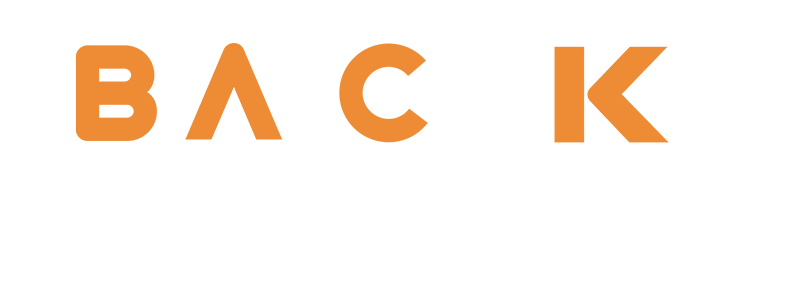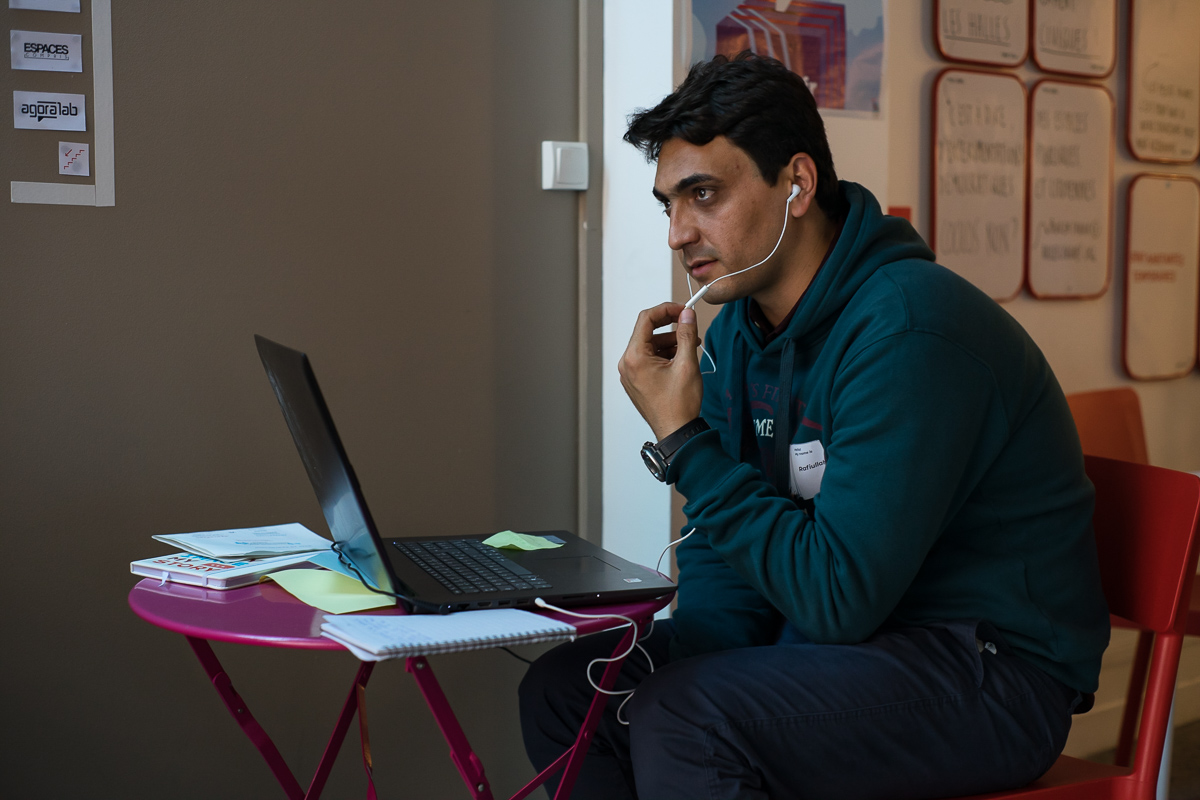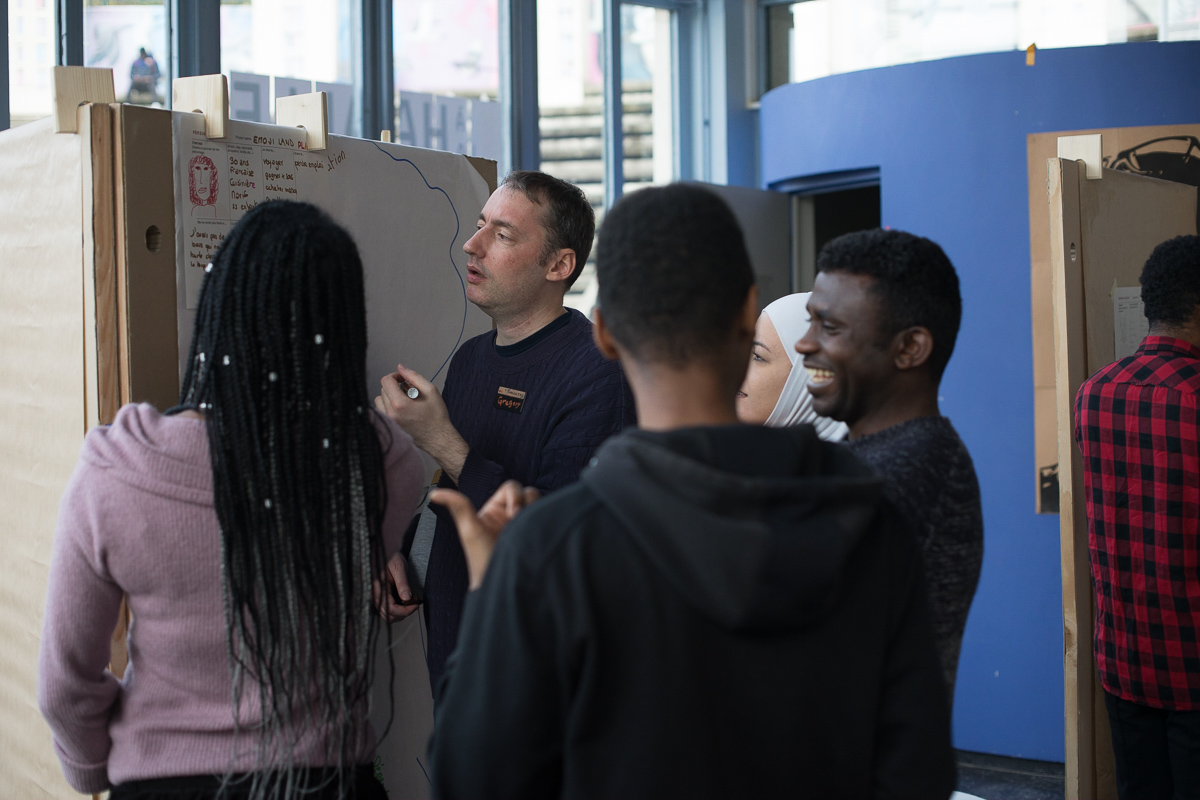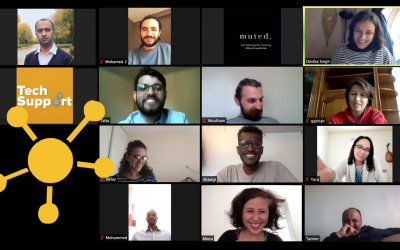Diversity is a disruptor, and your company needs it

The way we work, interact and create value is rapidly changing, but what are the elements sparking these dramatic changes? Although one cannot change the direction of the future of work, control and resilience in our changing economies will come from understanding it.
In order to provide scope on these changes, Forbes magazine looked at the key elements changing the way we work in their article ‘Four Diversity And Inclusion Disruptors In The Future Of Work’. The article outlined well-known disruptors such as artificial intelligence, distributed workforces, employee hierarchies and diversity.
“If organizations want to be ready for the economy of the future, they need to embrace and recognize the needs of different customers, different required talents and the varied marketing to reach those audiences. Ignoring demographic changes amount to organizational irrelevance.”

If companies don’t ensure their workforces represent our increasingly intercultural and diverse societies, they are playing a losing game. In the future of work, talent from diverse beginnings, bringing new ideas, and bold new innovations, isn’t a ‘nice to have’, it’s a must.
“Globalization 3.0 is not only going to be driven more by individuals but also by a much more diverse — non-Western, non-white — group of individuals. In Globalization 3.0, you are going to see every color of the human rainbow take part.”

Forward-facing companies need to start re-thinking how they attract and retain diverse talent. Current talent acquisition systems, that have led to the establishment of homogenous workforces, just won’t cut it in the future of work. In order to tap into this disruptive resource, companies need to actively learn how to see talent differently.
“The future of work presents challenges unlike we’ve ever seen, and it requires more collective intention, proactivity and, most importantly, more varied inputs to ensure the future is better than the past.”

Cultivating rich networks remotely
With remote working here to stay, it is time to master the skill of remote networking – an opportunity to make your network more powerful than ever before.
6 golden rules for impactful online learning
PLACE shares the 6 golden rules we follow to create interactive online challenges that keep people engaged and accelerate skill acquisition.
In the 21st century, what is a community without connectivity?
A toolkit for community builders of the 21st century to harness the collective power of virtual communities
16 faces that are inspiring the future of work
How a series of striking portraits and strong visual representation keep policy-makers in line at the OECD
The Future (of Work) is Female
The Paula Principle states most women work below their level of competence. This is particularly true for newcomer women.





